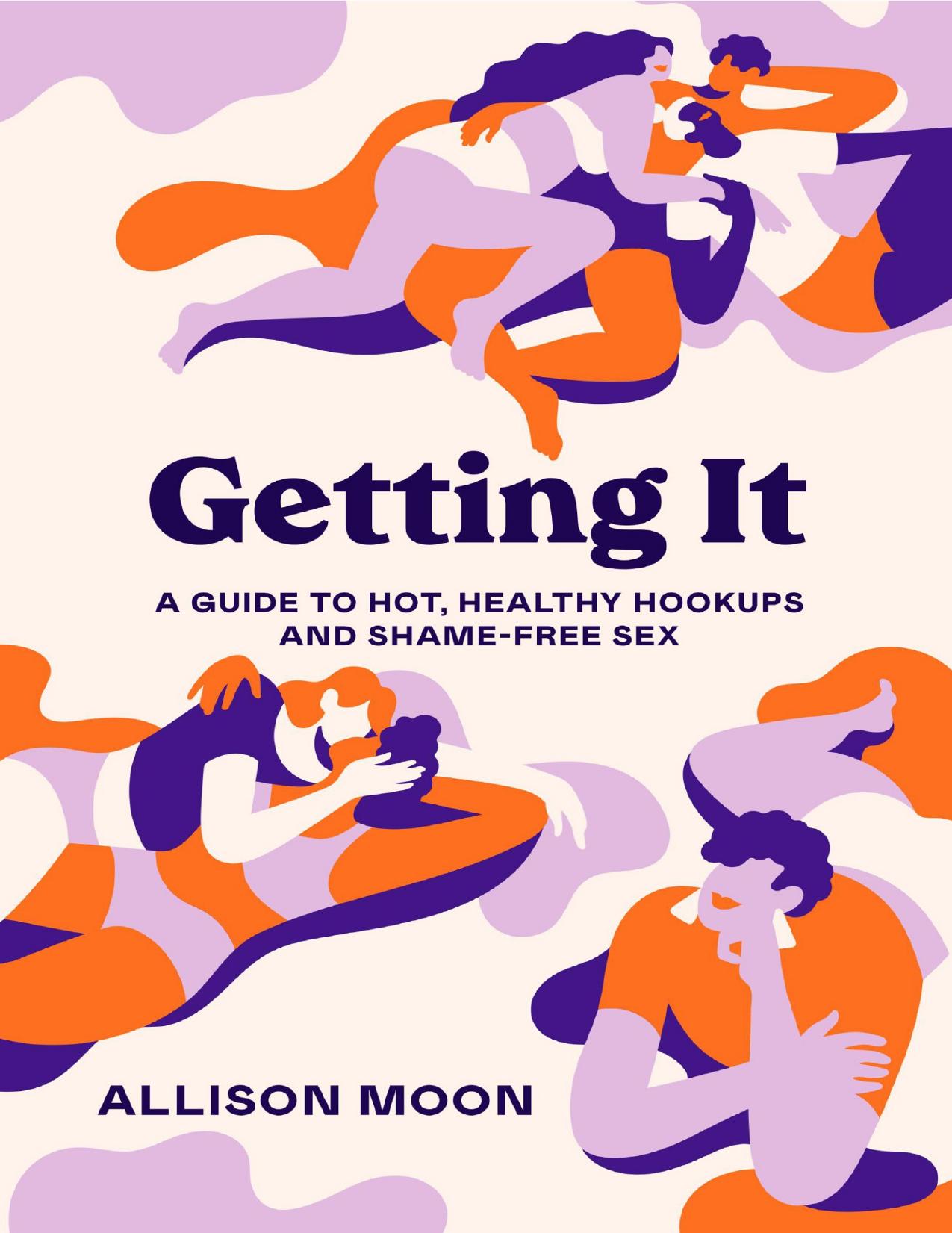Getting It by Allison Moon

Author:Allison Moon [Moon, Allison]
Language: eng
Format: epub, mobi, pdf
Publisher: Potter/Ten Speed/Harmony/Rodale
Published: 2020-12-29T00:00:00+00:00
Lapses in communication and collaboration are where harm happens.
When we go on autopilot and forget to check in with our partnerâ¦
When we intentionally or accidentally violate a boundaryâ¦
When we forget to ask for clarity and step into an awkward situationâ¦
When we ignore the needs or desires of a partner because we are too invested in our own good timeâ¦
â¦we can do harm.
Like most everything, harm exists on a spectrum. On one end, everythingâs A-OK and no one is harmed. On the opposite end is intentional, cruel, and violent harm. Most choices we make fall somewhere in between the two. Because of the complexity of sex, and the intersecting natures of hearts, egos, bodies, trauma, and identity, it can be painfully easy to cause harm.
Keep in mind that you donât get to decide how harmed someone else feels. You canât control other peopleâs feelings, you can only control the choices you make when faced with them. Also, understand that harm is deeply contextual. If a dear friend accidentally misgenders me, odds are good Iâll get over it quickly. If, however, someone elbow-checks me in the grocery store and says, âExcuse me, SIR!â (yes, that happened), I might feel a bit more harmed. Same offense, different context. Again, only you get to decide how hurt you feel by the incident.
If youâve been harmed, there are varying ways of dealing with it. Some methods better suit the situation than others. Be cautious about putting anyone on blast right away. If you think the person who hurt you is a menace who needs to be called out publicly, thatâs your decision to make. However, if you just need to be seen and validated, there are better ways to do it than taking to social media. Getting a bunch of strangers worked up online may feel righteous, but it wonât repair harm, it wonât heal your wounds, and it often creates far more pain for everyone involved, especially the harmed parties. Instead, consider enlisting support from your community, requesting a restorative justice or accountability process (see this page), and finding ways to get the witnessing you need. Once youâve done that, whatâs the best way to tell an otherwise decent person they hurt you, possibly by accident?
Acknowledge your feelings. If it feels like a big deal, it doesnât do any good to convince yourself itâs not. Youâre allowed to feel violated, betrayed, angry, or whatever. Your feelings are valid.
Investigate what went wrong from your perspective. Did you want to speak up but couldnât? Did you speak up but they didnât hear you? Did you think everything was fine but realized after the fact that it wasnât? Get clear on when and how the misstep happened.
When youâre ready, have the conversation. If you think you need a friend or mediator for support, by all means, get them involved. You can write down your experience, too, and it can be good to follow up your conversation with everything in writing.
Try the Difficult Conversation Formula. Again, itâs:
I have something to tell you.
Download
This site does not store any files on its server. We only index and link to content provided by other sites. Please contact the content providers to delete copyright contents if any and email us, we'll remove relevant links or contents immediately.
Effortless by Greg McKeown(1178)
Word Power Made Easy by Norman Lewis(1065)
Beyond Order by Jordan B. Peterson;(1065)
How to Not Die Alone by Logan Ury(834)
Master of One by Jordan Raynor(809)
Chatter by Ethan Kross(801)
100 Things Successful People Do by Nigel Cumberland(800)
So Good They Can't Ignore You by Cal Newport(744)
Lives of the Stoics by Ryan Holiday & Stephen Hanselman(723)
The Art and Science of Results by Joe Vitale(711)
Napolean Hill Collection by Napoleon Hill(706)
Be Your Best Self by Mike Bayer(688)
Kinesic Magic by Donald Tyson(671)
Career Fear (and how to beat it) by Somi Arian(662)
Friday Forward by Robert Glazer(659)
The 7 Habits on the Go by Stephen R. Covey(647)
The Power of 100! by Shaun King(645)
The Practice Is the Path by Tias Little(630)
The Most Powerful You by Kathy Caprino(603)
